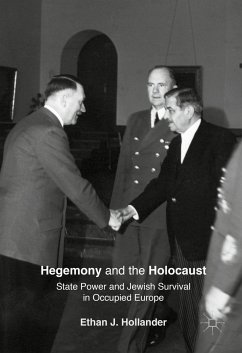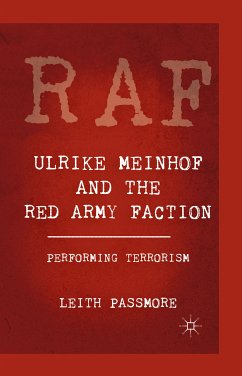
Contemporary Germany and the Nazi Legacy (eBook, PDF)
Remembrance, Politics and the Dialectic of Normality
Versandkostenfrei!
Sofort per Download lieferbar
40,95 €
inkl. MwSt.
Weitere Ausgaben:

PAYBACK Punkte
20 °P sammeln!
This book examines a range of public debates on the Nazi legacy in Germany since Schröder's SDP-Green coalition came to power in 1998. A central theme is the 'dialectic of normality' whereby references to Nazi past impact upon present normality. The book is a valuable resource for students of contemporary German politics, history and culture.
Dieser Download kann aus rechtlichen Gründen nur mit Rechnungsadresse in A, B, BG, CY, CZ, D, DK, EW, E, FIN, F, GR, HR, H, IRL, I, LT, L, LR, M, NL, PL, P, R, S, SLO, SK ausgeliefert werden.












